Eco‑Interior Trends India 2025: Reclaimed Wood & Green Materials
India's home design world is changing fast. More people want spaces that look good and help the planet. We have watched this shift grow from small to big. Today's clients want more than just pretty rooms. They want eco-interior trends that match what they believe in.
This year, green design has become the new luxury. It's not just about following trends anymore. It's about making homes that tell stories. It's also about helping our planet's future.
The Rise of Eco-Interior Trends in Modern Indian Homes
Many things are making this green change happen in Indian homes. The first one is that it concerns young homeowners who are more concerned about the environment. They care more than older people did. Social media has taught people about green living options. The pandemic made us think differently about our home spaces.
Climate change worries play a big role. As it gets hotter and more polluted, people want to make good choices. They want to make these choices in their daily lives. These eco-interior trends give people a way to help protect the environment. This is something that they can carry out at home.
Green materials are often better quality. They last longer too. As an example, reclaimed wood has already demonstrated that it is strong. It has done this over many years. Bamboo grows much faster than regular hardwood. This makes it very renewable.
These trends help local communities. They keep traditional crafts alive. When you choose locally made green products, you help preserve Indian artisan skills. You also cut down on shipping costs. We see this positive impact in our projects every day.
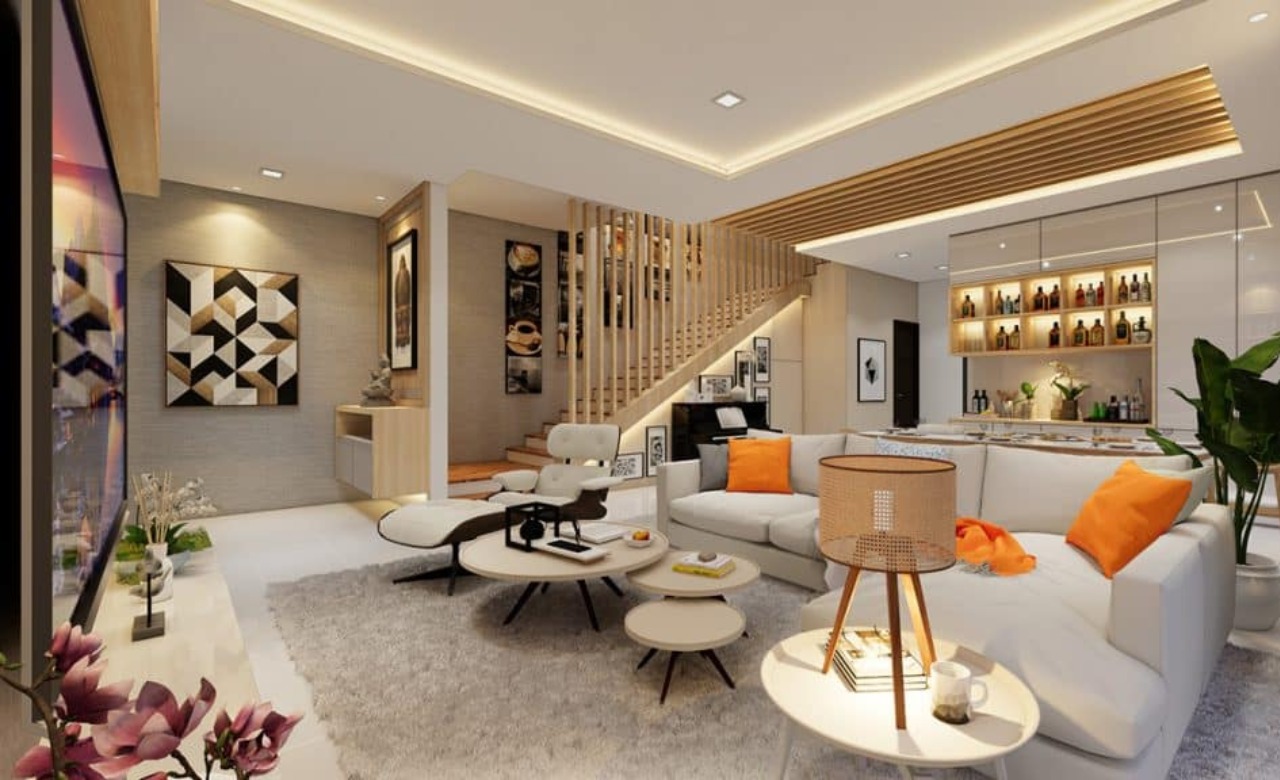
Reclaimed Wood Leading Eco-Interior Trends in 2025
Reclaimed wood is the star of this year's green design trends. There are good reasons for this. Every piece tells a special story. It does this through its worn texture and natural aging. The reclamation of materials prevents discarding good wood in the landfill.
Railway sleepers remain the most popular choice in our experience. These pieces are super strong. They were built to handle tough conditions. However, they need skilled workers. These workers must know how to safely work with such heavy materials.
Shipping crates and pallets cost less money. They are easier to work with too. They often come in standard sizes. Always choose heat-treated options. This helps you avoid harmful chemicals.
Old teak from torn-down buildings is the top choice. This wood gets stronger and prettier with age. It costs more, but real reclaimed teak makes amazing pieces. These pieces last for generations.
Reclaimed metal fixtures are getting popular too. Old brass fittings work well. Vintage copper pipes create cool looks. Recycled steel does the same. They all create industrial looks in modern homes.
Green Materials Transforming Eco-Interior Trends Today
Many other green materials are changing modern Indian homes this year. Bamboo leads this group. It grows super-fast and works in many ways. Modern bamboo flooring looks as good as regular hardwood. It lasts just as long too. Bamboo plywood works great for cabinets and furniture. Even bamboo fabrics are showing up in furniture covers. They also appear in window treatments.
Cork is another material getting attention in Indian homes. Cork flooring feels good under your feet. It keeps rooms warm or cool naturally. Cork wall tiles add texture. They help reduce noise levels too. New ways are creating natural fiber fabrics such as hemp and jute. Useful furniture covers can be made of these materials. They get better with age. Plus, they're grown locally in many Indian areas. This cuts down on shipping impact.
Green design is also aided by recycled glass and ceramic material. They are suitable to use on countertops and backsplashes. They make nice decorative pieces. They also reduce waste.
Local Sourcing: The Secret to Authentic Sustainable Design
One big advantage of green design in India is our many local materials. Each area offers special materials. These materials show local culture and weather conditions. Kerala's coconut fiber makes great natural carpeting. It also makes good wall coverings. Rajasthan's reclaimed stone creates beautiful accent walls. These walls have instant character. Gujarat's khadi cotton works perfectly for custom furniture covers.
Using local craftsmen benefits the communities and environment. Mass production was able to compete against traditional craftsmen. Now they are finding new markets for their valuable skills. Our collaborations with these artisans have shown amazing results.
Building relationships with local suppliers is very important. You need craftsmen who understand both old techniques and modern quality standards. This partnership approach creates the best results.
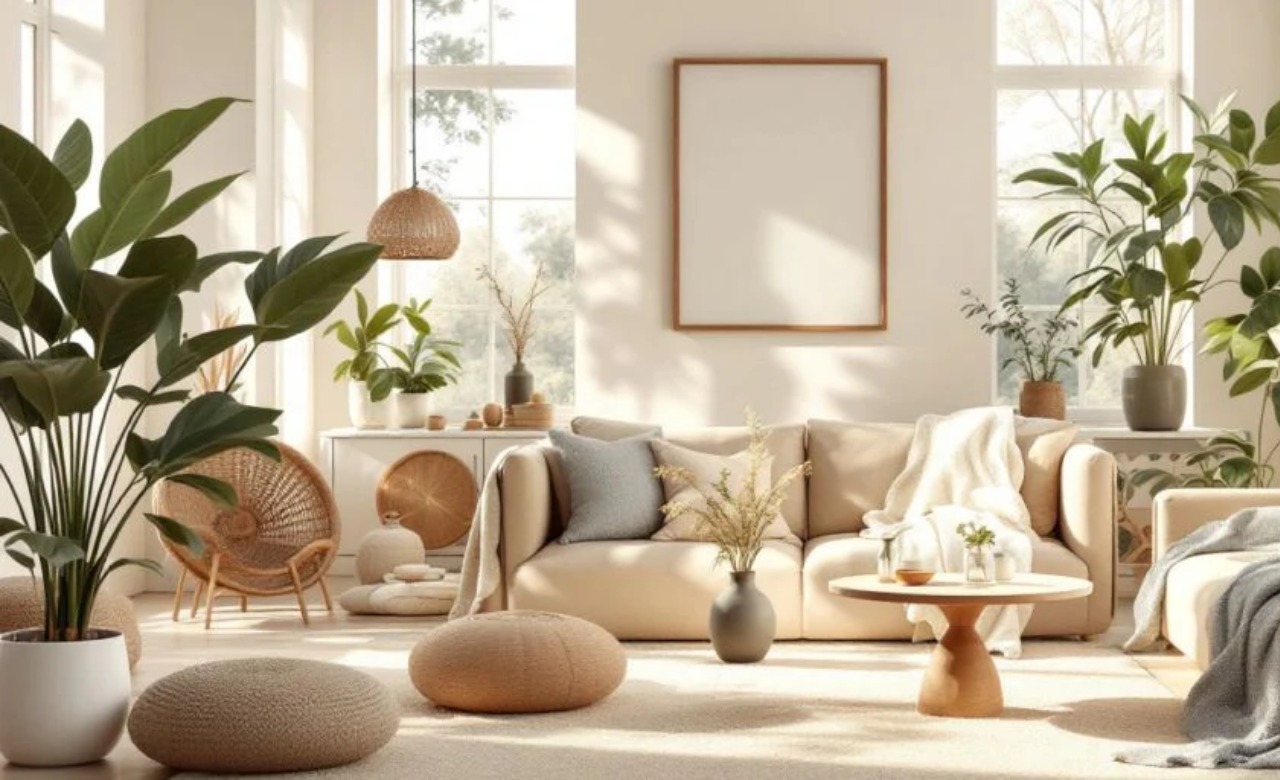
Smart Implementation of Sustainable Interior Design
Adding green design to your home needs careful planning. It also needs realistic hopes. Start with one big piece. Don't change everything at once. A reclaimed wood dining table can anchor your space well. The same can be done through a bamboo room divider.
Think about care needs before making decisions. Some green materials need more care than regular options. For example, reclaimed wood might need oiling sometimes. Natural fiber rugs need special cleaning methods. We always guide our clients through these maintenance requirements.
Think about the whole life of your choices. Quality green pieces cost more at first. But they last longer and age better than cheap alternatives. Budget matters too. Focus on buying fewer, better pieces. These pieces will last for years. This is better than frequently replacing cheaper items.
Conclusion
Eco-interior trends represent more than just design choices. They reflect values that matter for India's future. At The Wooden Strings, we help clients discover something important. Green options often create more interesting and personal spaces. They work better than regular alternatives.
Your eco-friendly interior becomes a conversation starter. It also helps protect the environment. Most importantly, you're creating beautiful spaces that match your values. You also are bringing revenue to local communities and folk art.
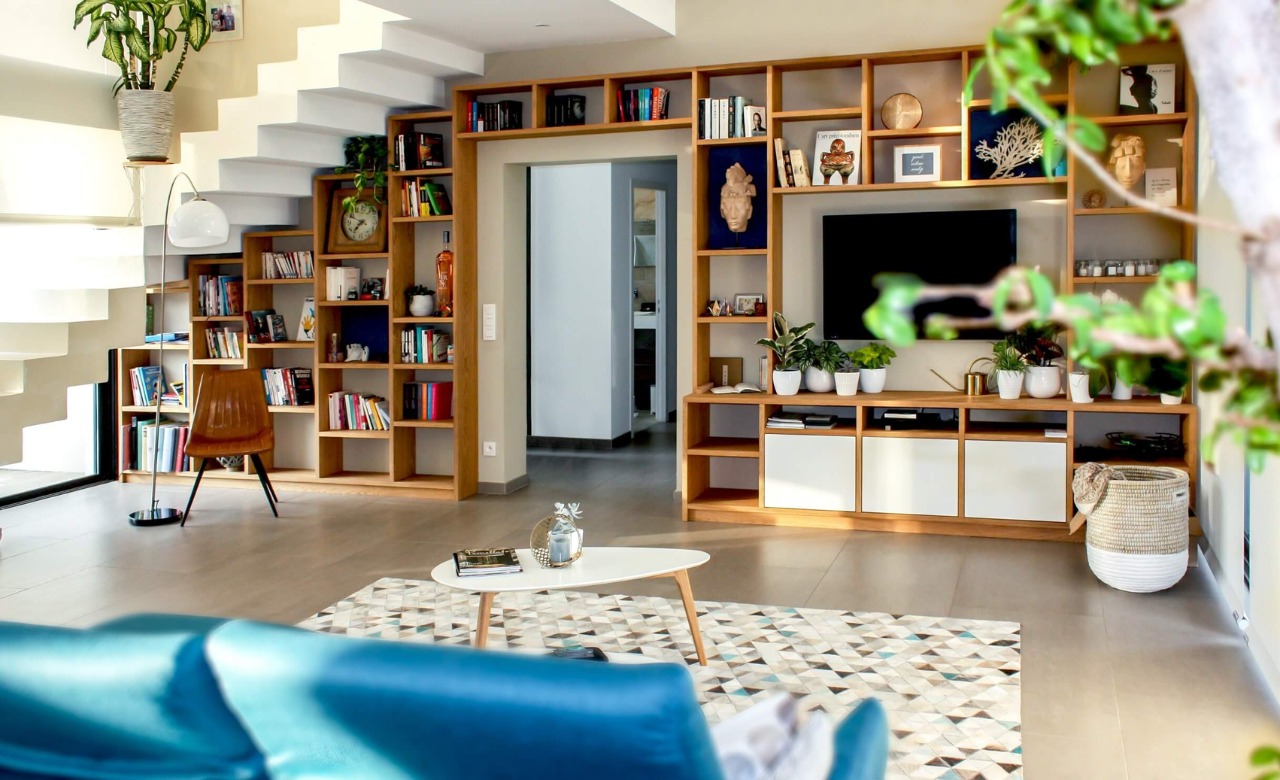
.png)
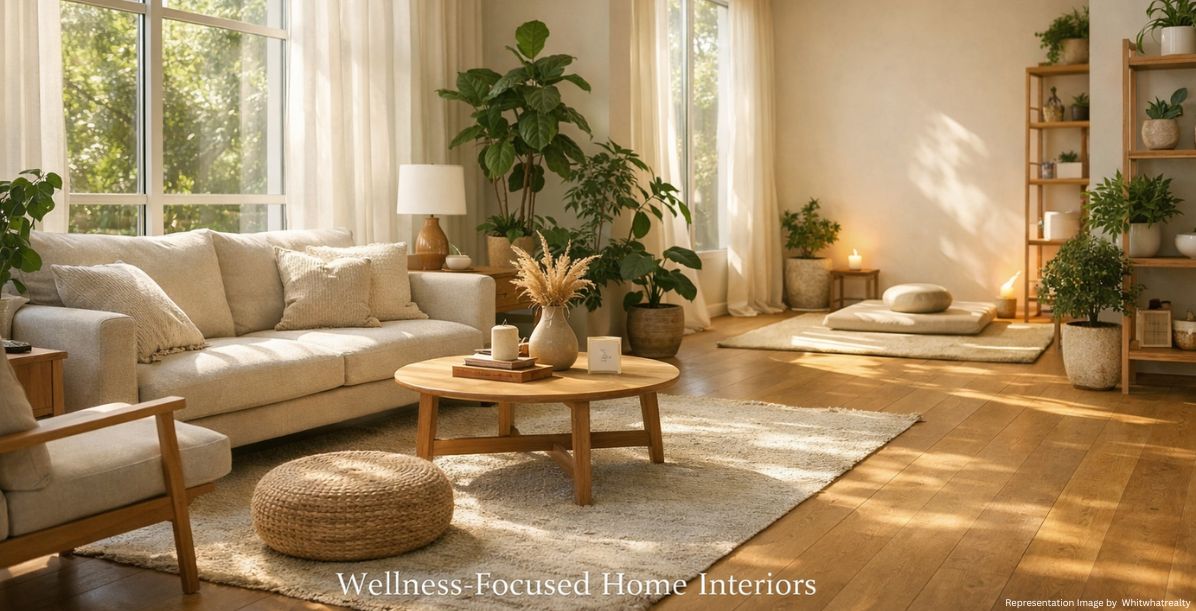
.jpeg)
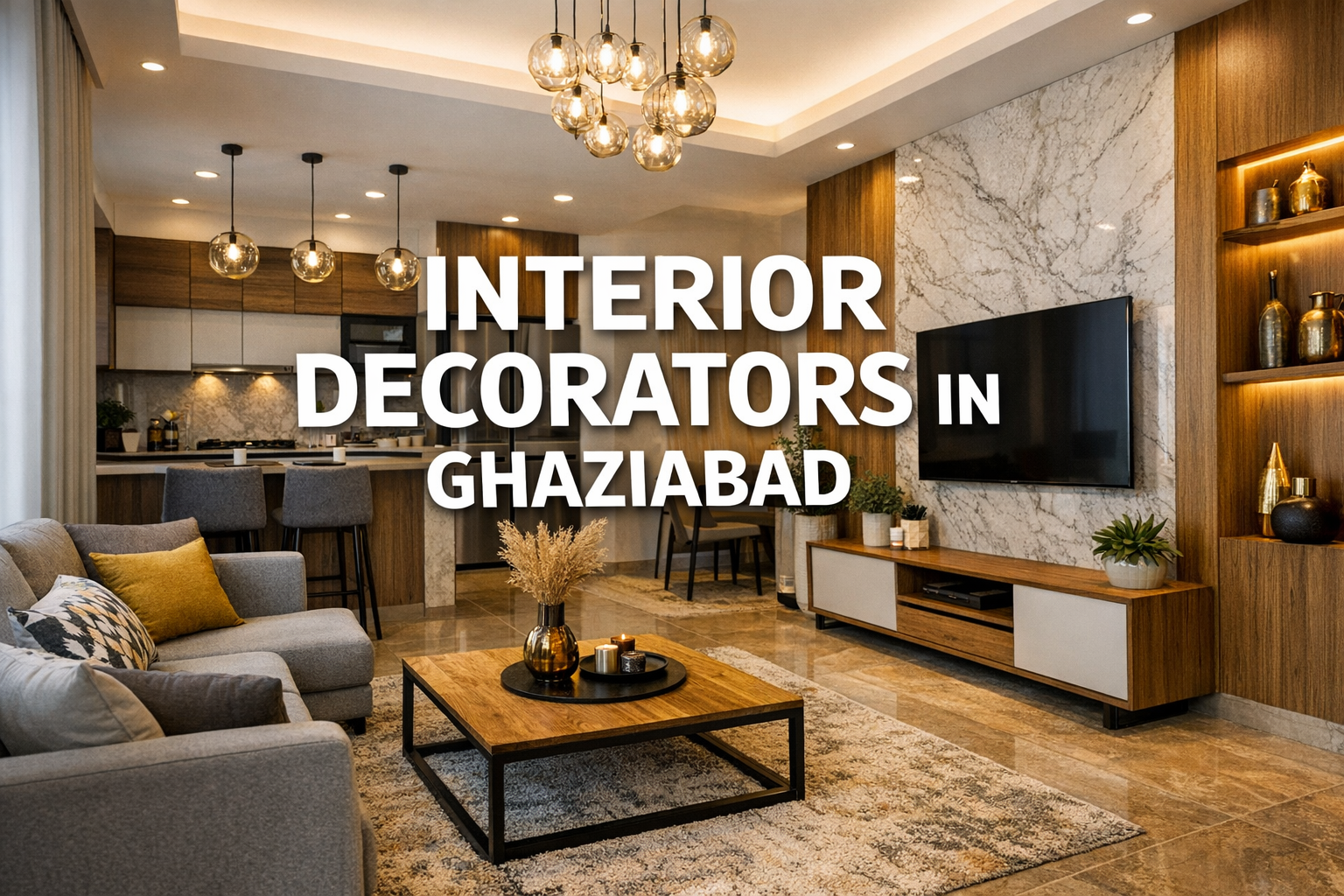
.jpg)
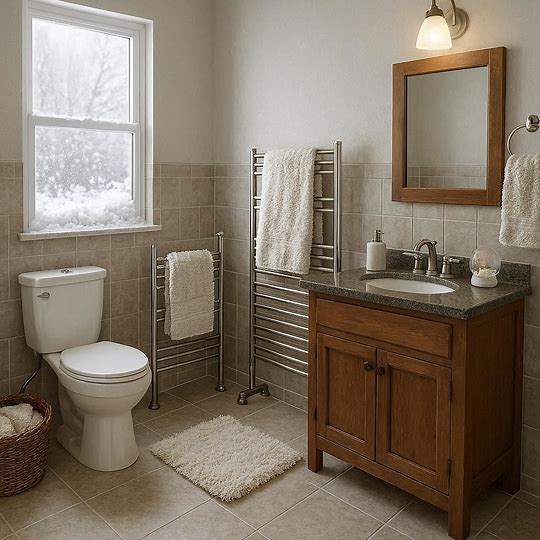
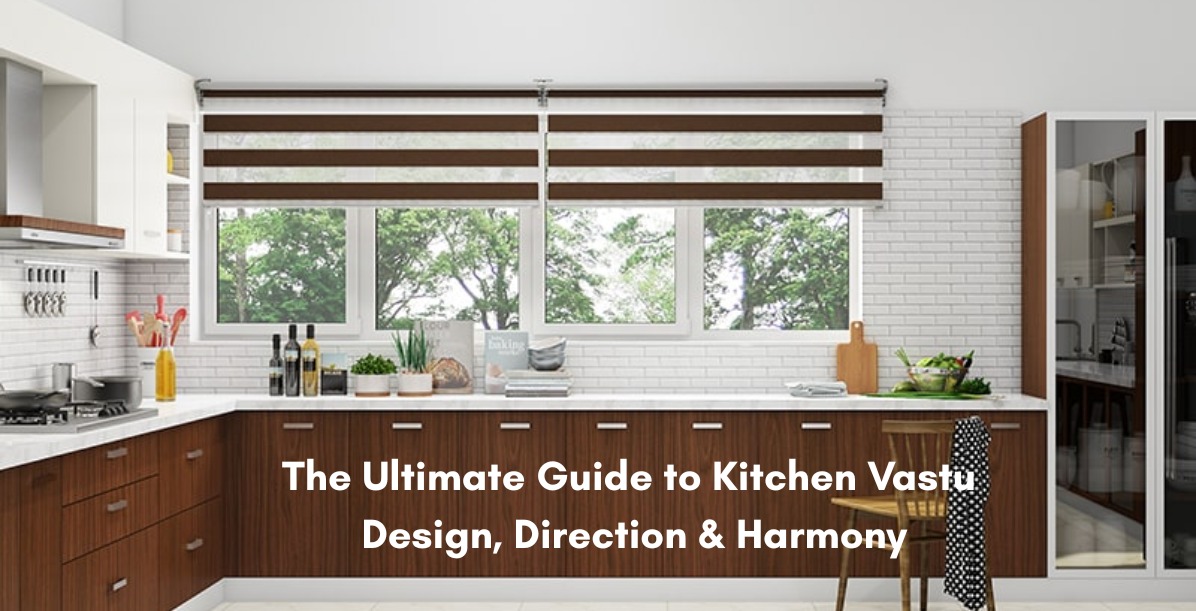

.png)
